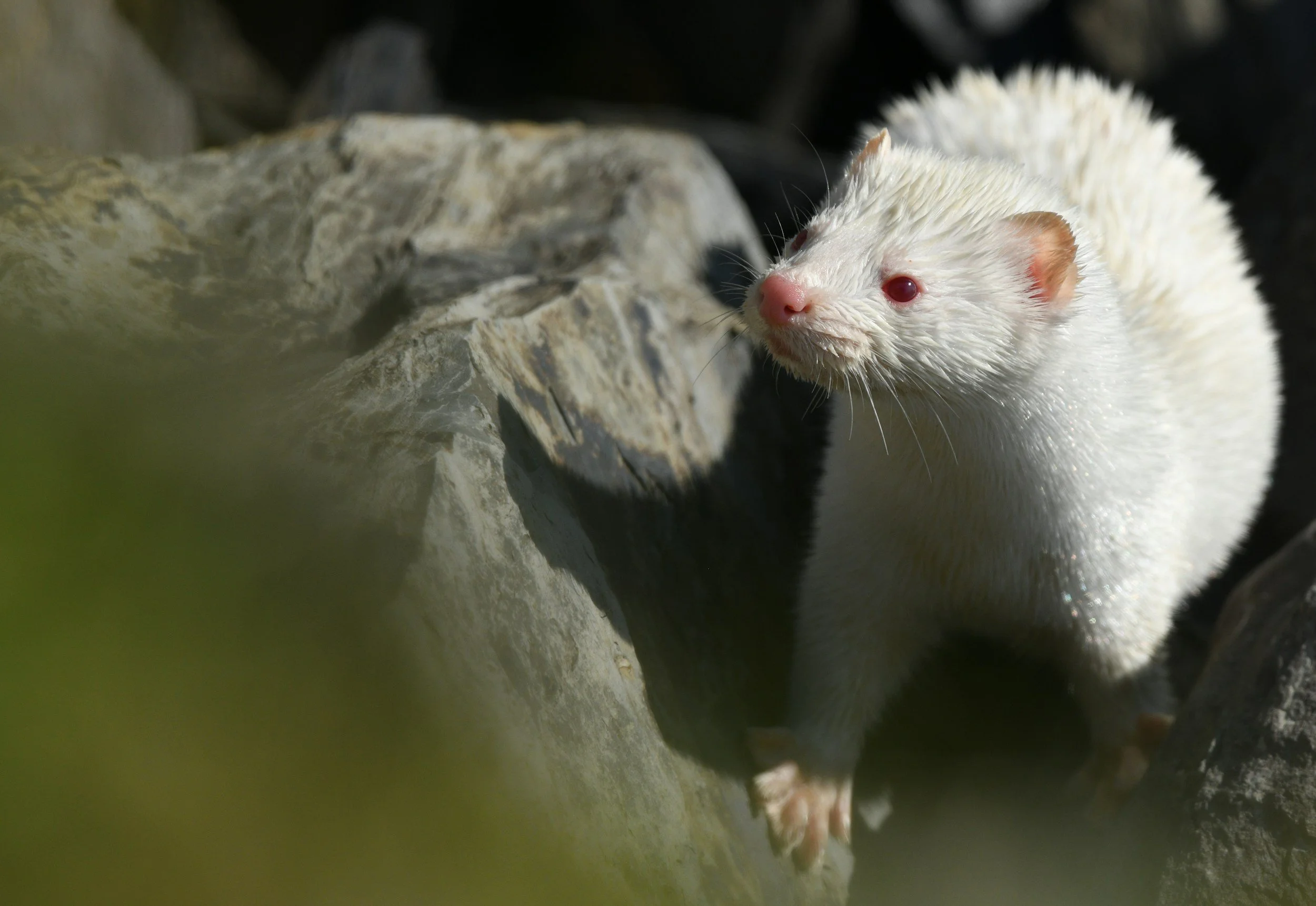Iceland controversially approves whaling season, 128 whales to be hunted this year
Animal welfare groups condemned the decision, saying that there is clear evidence of immense animal suffering in the country’s whaling industry.
Iceland’s government has announced that it will allow this year’s whale hunt to go ahead - with 128 fin whales now permitted to be hunted.
The decision is particularly controversial as many animal welfare groups had been expecting the government to finally outlaw the country’s declining whaling industry.
The country has only one remaining whaling company, called Hvalur hf, which has been given a license to hunt during this year’s whaling season.
Hvalur hf has killed 993 fin whales since 2009. The whale meat is exported, primarily for the Japanese market.
However, this latest permit does mark a significant decrease in the number of whales allowed to be hunted. In 2023, the whaling company was permitted by the government to hunt 264 fin whales, but this season’s figure is approximately half in size with 128 fin whales permitted.
While animal welfare groups welcomed the decreased number of killings, the government has been accused of ignoring unquestionable scientific evidence that shows the brutality and cruelty of commercial whale killing.
“There is simply no way to make harpooning whales at sea anything other than cruel and bloody, and no amount of modifications will change that,” says Adam Peyman, director of wildlife programmes at Humane Society International (HSI). “This is a rejection of a once-in-a-generation opportunity to end the slaughter at sea.”
Fin whales, which are considered globally vulnerable to extinction, already face a myriad of threats including pollution, climate change, entanglement in fishnets and ship strikes, Peyman explains.
Iceland’s “inhumane” whaling industry
More than 1,900 fin and minke whales have been killed in Iceland since the International Whaling Commission (IWC) moratorium on commercial whaling came into effect in 1986.
The industry has faced growing criticism over its lack of animal welfare standards. Last year, an unprecedented government report into the Icelandic whaling industry revealed that over 40 percent of whales killed in the most recent season suffered slow and painful deaths.
The shocking findings were reported after the government implemented surveillance cameras on board Hvalur hf’s whaling ships, which captured the hunting and ‘time to death’ of over 50 harpooned whales. The medium ‘time to die’ per whale was 11.5 minutes, while one particularly startling case saw a whale struggling for two hours before eventually being considered dead.
“This alarming report underscores the need for a discussion in Iceland about the values we want to be known for”, Svandís Svavarsdóttir, Iceland’s minister of food, agriculture and fisheries, told the Guardian when the report was first published.
Whaling around the world
Iceland, along with Japan and Norway, are the only countries in the world where commercial whale hunting is considered legal.
Norway has allowed commercial whaling to take place since 1993, after it formally objected to the global moratorium on commercial whaling. During this time, over 14,000 minke whales have been killed, with the majority exported to Japan.
The Norwegian hunts are particularly damaging to conservation efforts, as around 70 percent of the whales killed are female - many of whom are pregnant. This is because female mink are easier to catch, as they are slower than their male counterparts, and tend to swim closer to the coast for energy and security reasons.
In Japan, the government and whaling industry have recently invested in a new whaling ‘mother ship’ that hopes to inspire a new demand for whale meat.
The $47 million vessel set sail for the first time last month, and will aim to increase the country’s annual haul of whales, with last year’s catch figures including 83 minke, 187 Bryde’s, and 24 Sei whales. The ship will also be able to catch fin whales - the second largest animal on the planet - after the government announced a law change that legalizes the hunting of the vulnerable species.
We Have A Favor To Ask…
Species Unite amplifies well-researched solutions to some of the most abusive animal industries operating today.
At this crucial moment, with worldwide momentum for change building, it’s vital we share these animal-free solutions with the world - and we need your help.
We’re a nonprofit, and so to keep sharing these solutions, we’re relying on you - with your support, we can continue our essential work in growing a powerful community of animal advocates this year.






